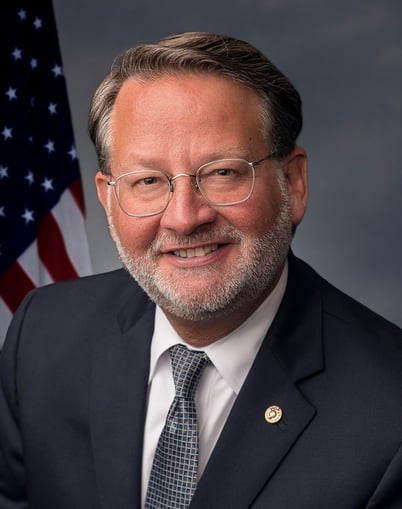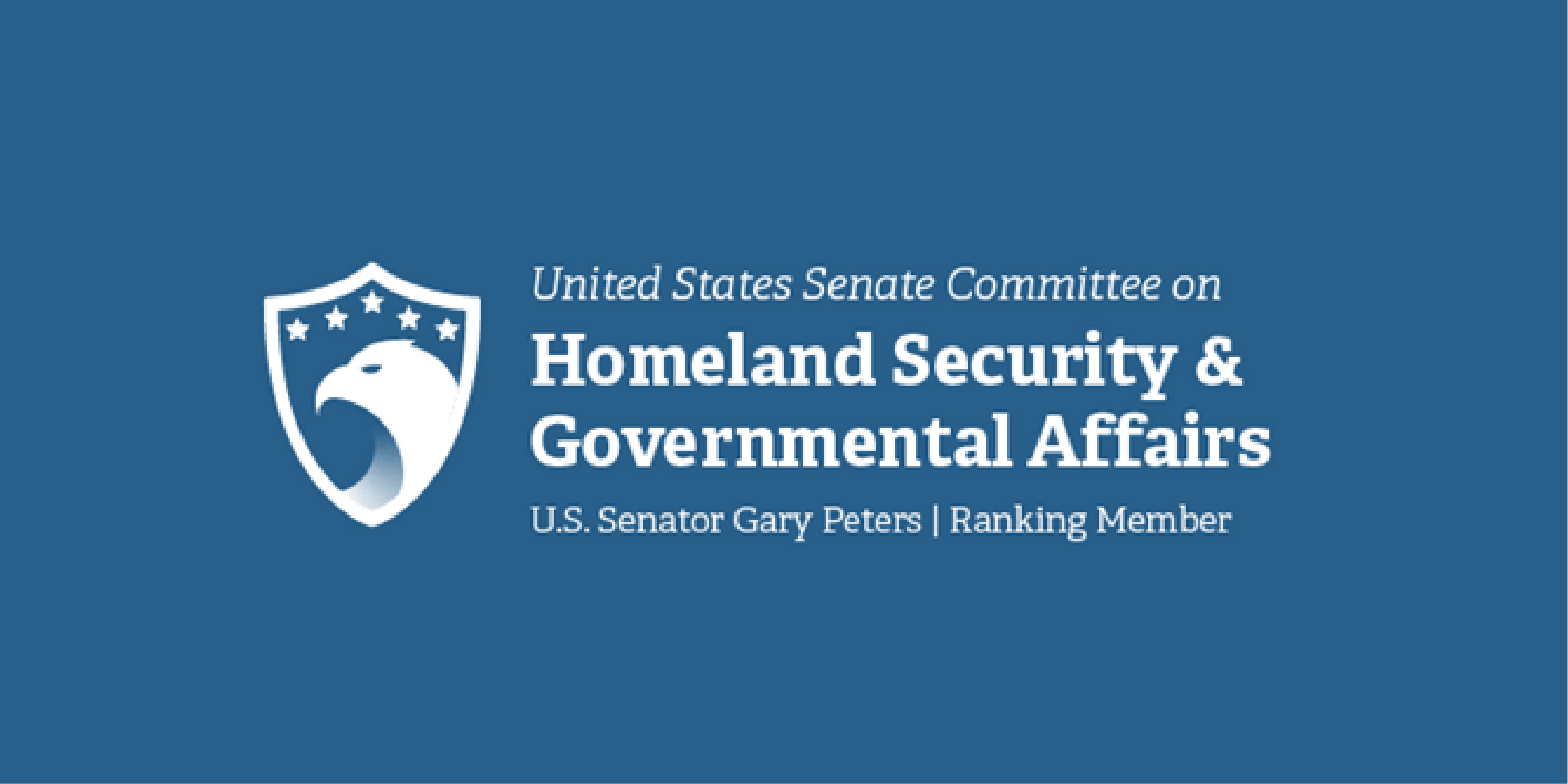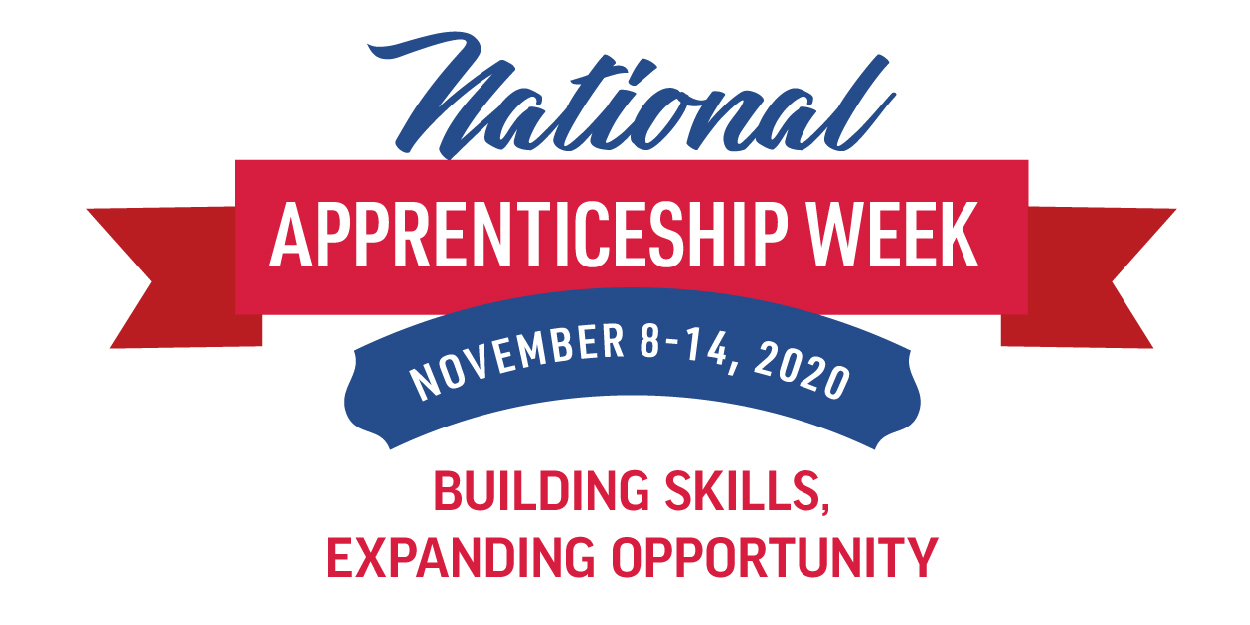
Report, Released During National Apprenticeship Week, Finds the Federal Government Spends Nearly 10 Times More on Higher Education than on Workforce Training Programs, Missing an Opportunity to Invest in our Future
WASHINGTON, D.C. – U.S. Senator Gary Peters (D-MI), Ranking Member of the Homeland Security and Governmental Affairs Committee released a new report during National Apprenticeship Week examining federal support for post-high school technical education, skills training, apprenticeships and other workforce development programs. Peters has long led efforts to expand skills training and apprenticeship programs to help grow Michigan’s skilled workforce. His report concludes that as the cost of higher education increases, skills training programs offer a cost-effective alternative to ensure Michigan workers have the skills they need to compete, and Michigan companies can fill open jobs and help grow the economy.
“My report confirms that federal investments are critical to making post-high school education a reality for many families, but we must do more to support students who pursue skills training opportunities as an alternative to traditional four-year degrees,” said Senator Peters. “Increasing federal investments in these programs will help give Michiganders and all Americans the tools to compete and succeed in today’s workforce. I will continue working in a bipartisan way to ensure that skills training programs are getting enough support to help open doors to better pay and job opportunities for our workers.”
Peters’ review of federal funding for skills training, which he announced earlier this year, found that although students in four-year programs and students in skills training programs receive comparable amounts of funding, the federal government invests nearly 10 times as much in four-year institutions – $100 billion compared to $11 billion invested in skills training programs. The bulk of these funds – $9 billion – were made available through the Workforce, Innovation, and Opportunity Act (WIOA), which provided $230 million to Michigan institutions. Peters’ report found that the Coronavirus pandemic has made it more difficult for students to access financial assistance for post-high school education because it has limited students’ access to counselors who often help guide them through the application process.
This disproportionate investment is in part because more students seek higher educational opportunities at four-year institutions, but it represents a significant underinvestment in workforce training that has contributed to the United States’ challenges in closing the skills gap. Greater investments and improved access to post-high school skills training programs would help address this gap by encouraging more students to pursue programs that provide valuable skills and technical training for today’s economy.
Peters’ study focused solely on federally funded programs, and did not include self-funded registered apprenticeships or similar programs supported by organized labor that have provided additional opportunities to train skilled workers in Michigan and across the country.
READ THE FULL REPORT: “Getting the Most Bang for Our Buck: Making Smart Federal Investments in Workforce and Skills Training”
The report’s key findings include:
· The federal government spends nearly $100 billion annually on students and institutions of higher education, and only a fraction of that amount – about $11 billion – on workforce and skills training.
· Students who are not attending 4-year schools receive equitable amounts of federal financial support, though most students in the United States attend 4-year colleges and universities.
· The pandemic has adversely impacted students’ ability to obtain financial assistance for post-high school education.
· Federal workforce and skills training programs are scattered and not sufficiently resourced to reach students and workers who need them.
The report makes key recommendations about how the federal government can increase access to workforce training programs. Recommendations include:
· Congress must create a National Institute of Manufacturing to centralize manufacturing policy and ensure robust federal investment by passing the National Institute of Manufacturing Act, which Senator Peters introduced.
· Congress must protect veterans’ workforce training programs to ensure veterans training isn’t derailed by the pandemic by passing bipartisan legislation sponsored by Senator Peters and Senator Lisa Murkowski, which modifies certain educational assistance programs of the Department of Veterans Affairs
· Congress should pass the Reentry Employment Opportunities Act, sponsored by Senator Peters and Senator Rob Portman. This legislation would codify the U.S. Department of Labor’s Reentry Employment Opportunities (REO) Program.
· Federal lawmakers should increase funding for workforce training programs and reauthorize the Workforce Innovation and Opportunity Act (WIOA).
· The federal government should ensure students are aware of the availability of federal financial assistance to attend 2-year and non-degree-granting institutions. Senator Peters’ Supporting Useful Career Counseling in Elementary and Secondary Schools (SUCCESS) Act, which was signed into law as part of a larger bipartisan bill, helps counselors to provide students information on alternative post-secondary paths. Congress should provide additional support to ensure that these gains are not lost due to the pandemic.
Peters has long led and supported efforts to increase access to affordable post-high school education. In 2018, Peters authored bipartisan provisions that were signed into law to expand opportunities for students in career and technical education by increasing training and awareness of post-high school education opportunities outside of the traditional four-year college degree for high school counselors. Last year, the Senate also unanimously approved Peters’ bipartisan bill to expand apprenticeship opportunities for veterans, which was signed into law earlier this year. Peters also introduced bipartisan legislation to expand opportunities for high school students to obtain college credit at little to no out of pocket cost through programs that lead students to an early certification or Associate’s degree they can use toward their career pathway.
###














